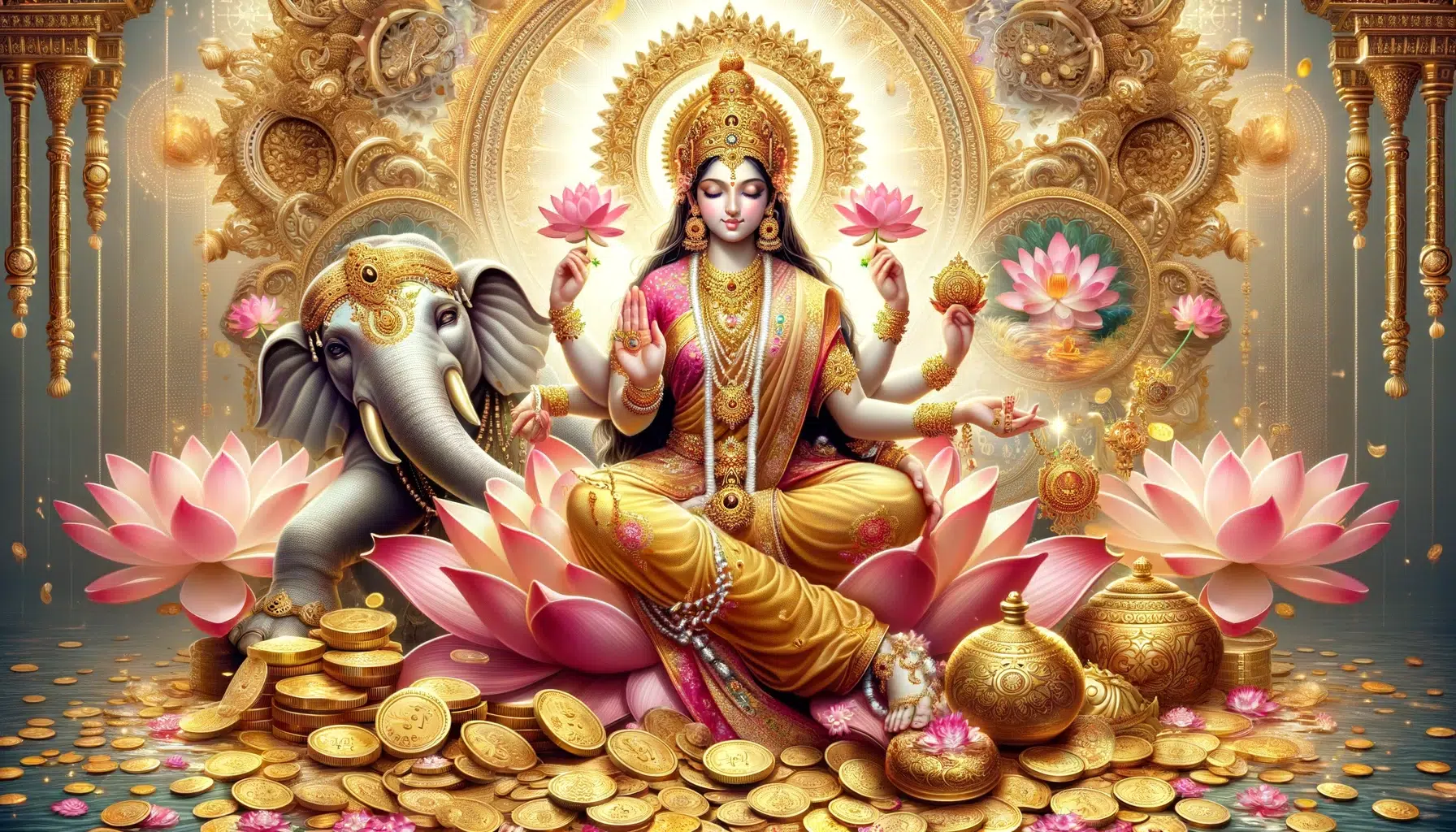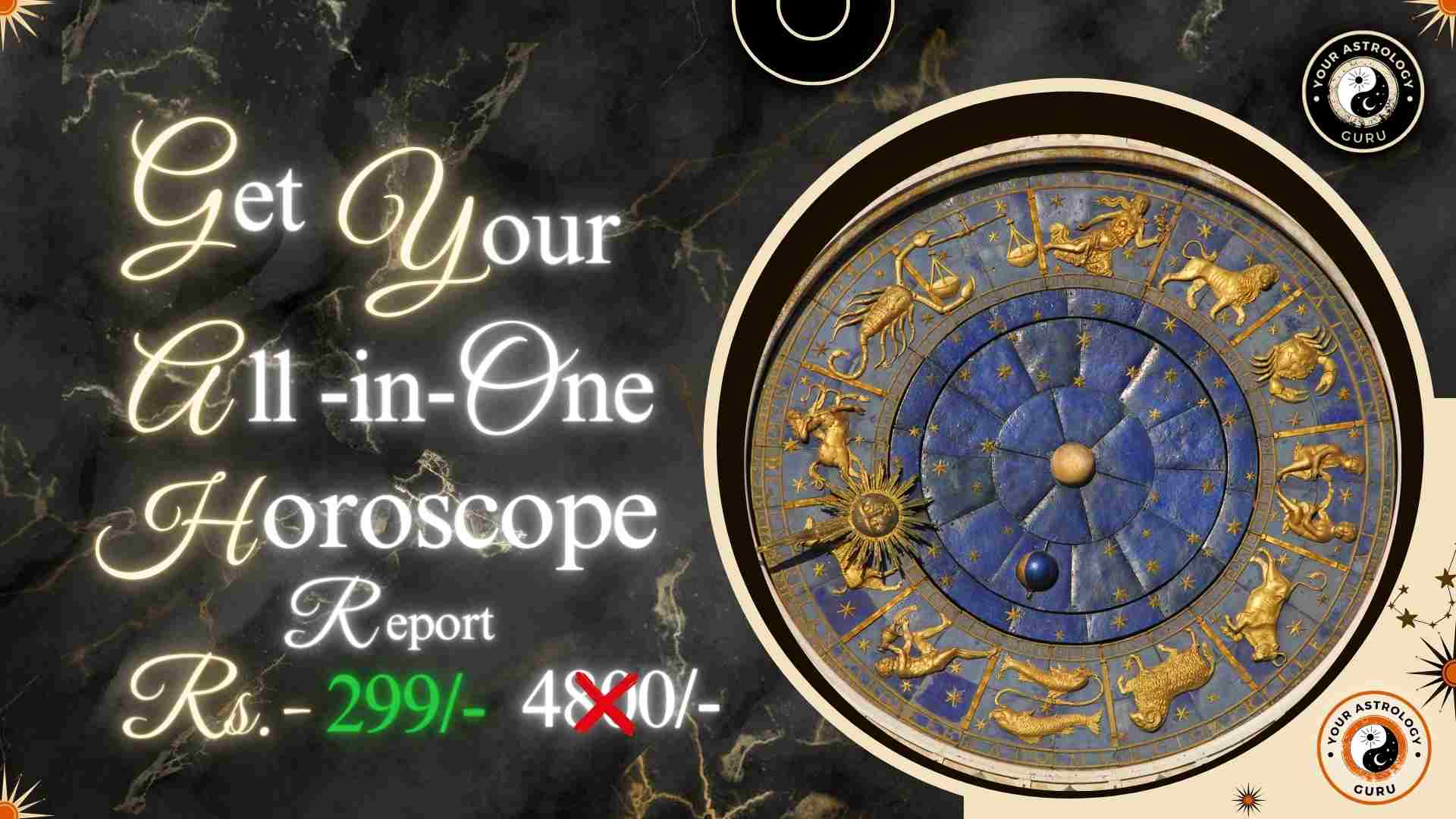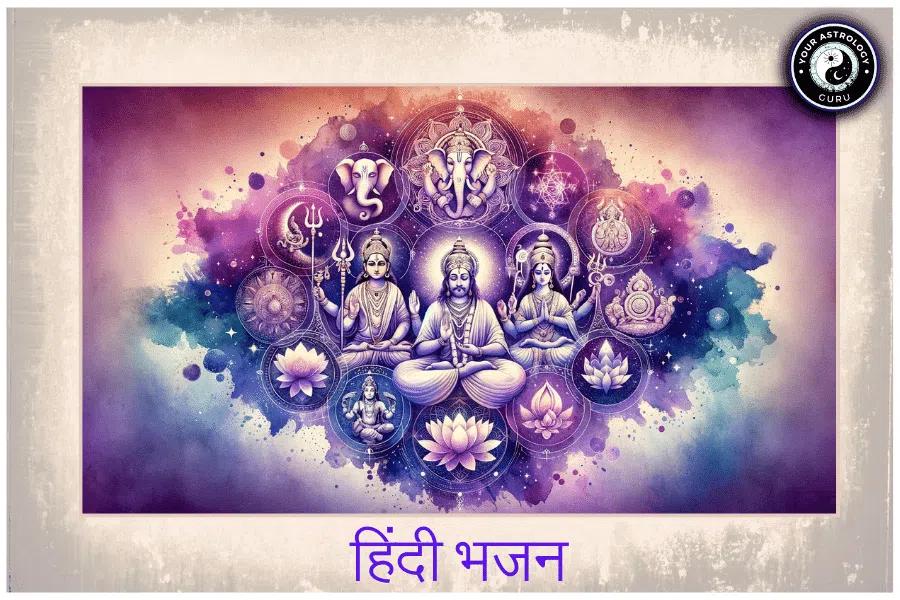Hindu astrology, also known as Vedic astrology or Jyotish, is an ancient system of astrology that originated in India thousands of years ago. It is deeply rooted in Hindu culture and has been an integral part of Indian society for centuries. Hindu astrology is based on the belief that the positions and movements of celestial bodies can have a profound impact on human life and destiny.
The history of Hindu astrology can be traced back to the ancient texts known as the Vedas, which are considered to be the oldest scriptures in Hinduism. These texts contain a wealth of knowledge about various aspects of life, including astrology. Over time, this knowledge was further developed and refined by sages and scholars, resulting in the complex system of astrology that is practiced today.
In Hindu culture, astrology holds great significance. It is believed that by understanding the planetary influences at the time of a person’s birth, one can gain insights into their personality traits, strengths, weaknesses, and potential future events. Astrology is often consulted for important life decisions such as marriage, career choices, and even naming a newborn baby. It is seen as a tool for self-discovery and personal growth.
Hindu astrology differs from Western astrology in several ways. While Western astrology primarily focuses on the position of the sun at the time of birth, Hindu astrology takes into account the positions of all nine planets, including the moon and the nodes of the moon. Additionally, Hindu astrology places great emphasis on the concept of karma and believes that our actions in past lives can influence our current destiny. This belief is reflected in the interpretation of planetary positions and their effects on an individual’s life.
Table of Contents
Understanding the Basics of Hindu Astrology Chart
A Hindu astrology chart, also known as a horoscope or birth chart, is a graphical representation of the positions of celestial bodies at the time of a person’s birth. It is divided into 12 houses, each representing a different area of life, and is used to gain insights into various aspects of an individual’s personality and destiny.
The components of a Hindu astrology chart include the planets, the houses, and the signs. The nine planets in Hindu astrology are the Sun, Moon, Mars, Mercury, Jupiter, Venus, Saturn, Rahu (North Node of the Moon), and Ketu (South Node of the Moon). Each planet represents a different aspect of life and has its own unique qualities and influences.
The 12 houses in a chart represent different areas of life such as career, relationships, health, and spirituality. Each house is associated with a specific sign and planet, which further influences its meaning and significance. For example, the first house represents the self and is associated with the sign Aries and the planet Mars.
To read a Hindu astrology chart, one must first determine the ascendant sign. The ascendant sign is the sign that was rising on the eastern horizon at the time of birth and is considered to be the most important factor in determining an individual’s personality and behavior. The placement of planets in relation to the ascendant sign can provide further insights into an individual’s strengths, weaknesses, and potential future events.
Accurate birth time and location are crucial for an accurate interpretation of a Hindu astrology chart. The positions of celestial bodies at the time of birth can vary significantly depending on these factors. Therefore, it is important to have precise information when creating a chart.
The Role of Planets and Houses in Your Chart
In Hindu astrology, each planet has its own unique qualities and influences that can have a significant impact on different areas of life. Understanding the role of planets in your chart can provide valuable insights into your personality traits, strengths, weaknesses, and potential future events.
The Sun represents vitality, self-expression, leadership, and creativity. Its placement in a chart can indicate the areas of life where you are likely to shine and excel. The Moon represents emotions, intuition, and the subconscious mind. Its placement can reveal your emotional nature and how you respond to different situations.
Mars is the planet of action, energy, and ambition. Its placement can indicate your drive, determination, and assertiveness. Mercury represents communication, intellect, and learning. Its placement can reveal your communication style, thinking patterns, and areas of interest.
Jupiter is the planet of expansion, growth, and wisdom. Its placement can indicate areas of life where you are likely to experience abundance and success. Venus represents love, beauty, harmony, and relationships. Its placement can reveal your approach to love and relationships.
Saturn is the planet of discipline, responsibility, and structure. Its placement can indicate areas of life where you may face challenges and obstacles. Rahu and Ketu are the nodes of the moon and represent karmic influences. Their placement can indicate areas of life where you may experience sudden changes or unexpected events.
The 12 houses in a Hindu astrology chart represent different areas of life and are influenced by the planets. For example, the first house represents the self and is associated with the sign Aries and the planet Mars. The second house represents wealth and possessions and is associated with the sign Taurus and the planet Venus.
Understanding the significance of each planet and house in your chart can provide valuable insights into different aspects of your life and help you make informed decisions.
The Importance of Zodiac Signs in Hindu Astrology
Zodiac signs play a crucial role in Hindu astrology as they influence personality traits, characteristics, and behavior patterns. There are 12 zodiac signs in Hindu astrology, each representing a different set of qualities and influences.
The 12 zodiac signs are Aries, Taurus, Gemini, Cancer, Leo, Virgo, Libra, Scorpio, Sagittarius, Capricorn, Aquarius, and Pisces. Each sign is associated with a specific element (fire, earth, air, or water) and a specific mode (cardinal, fixed, or mutable).
The placement of planets in different zodiac signs can have a significant impact on an individual’s personality and behavior. For example, a person with their Sun in Aries may be assertive, confident, and action-oriented, while a person with their Sun in Cancer may be nurturing, sensitive, and emotionally intuitive.
The zodiac signs also influence different areas of life. For example, Aries is associated with the first house and represents the self and personal identity. Taurus is associated with the second house and represents wealth and possessions. Gemini is associated with the third house and represents communication and learning.
The placement of planets in different zodiac signs can further enhance or modify their influences. For example, if Mars is placed in Aries, its natural qualities of action and energy are amplified. If Venus is placed in Taurus, its natural qualities of love and beauty are enhanced.
Understanding the significance of each zodiac sign and its influence on personality traits and characteristics can provide valuable insights into your own behavior patterns and help you navigate different areas of life more effectively.
Decoding Your Ascendant Sign and Its Significance
The ascendant sign, also known as the rising sign, is one of the most important factors in a Hindu astrology chart. It represents the sign that was rising on the eastern horizon at the time of birth and is considered to be the mask that we wear to the world.
The ascendant sign influences an individual’s physical appearance, demeanor, behavior, and overall approach to life. It sets the tone for the entire chart and provides valuable insights into an individual’s personality traits and characteristics.
For example, if your ascendant sign is Aries, you may come across as confident, assertive, and action-oriented. If your ascendant sign is Taurus, you may appear calm, grounded, and practical. If your ascendant sign is Gemini, you may be curious, adaptable, and sociable.
The placement of planets in relation to the ascendant sign can further enhance or modify its influences. For example, if Mars is placed in the first house (which is associated with the ascendant sign), its natural qualities of action and energy are amplified. If Venus is placed in the first house, its natural qualities of love and beauty are enhanced.
Understanding your ascendant sign and its significance can provide valuable insights into your behavior patterns, strengths, weaknesses, and potential future events. It can help you understand why you approach life in a certain way and how you can harness your strengths to achieve your goals.
Understanding Your Moon Sign and Its Impact on Your Life
The moon sign is another important factor in a Hindu astrology chart. It represents the sign that the moon was in at the time of birth and influences an individual’s emotions, inner self, and subconscious mind.
The moon sign reveals our emotional nature and how we respond to different situations. It provides insights into our deepest needs, desires, and fears. Understanding your moon sign can help you navigate your emotions more effectively and make decisions that align with your true self.
For example, if your moon sign is Aries, you may have a need for independence and freedom. If your moon sign is Taurus, you may have a need for stability and security. If your moon sign is Gemini, you may have a need for intellectual stimulation and variety.
The placement of planets in relation to the moon sign can further enhance or modify its influences. For example, if Mars is placed in the fourth house (which is associated with the moon sign), its natural qualities of action and energy are amplified. If Venus is placed in the fourth house, its natural qualities of love and beauty are enhanced.
Understanding your moon sign and its impact on your life can provide valuable insights into your emotional needs, desires, and fears. It can help you navigate your relationships, career choices, and personal growth with greater clarity and self-awareness.
The Significance of Nakshatras in Hindu Astrology
Nakshatras are an integral part of Hindu astrology and play a significant role in determining an individual’s personality traits, strengths, weaknesses, and potential future events. There are 27 nakshatras in Hindu astrology, each representing a different set of qualities and influences.
Nakshatras are lunar mansions that divide the zodiac into 27 equal parts. Each nakshatra is associated with a specific deity, planet, animal symbol, and ruling deity. They provide valuable insights into an individual’s character, behavior patterns, and potential future events.
For example, if your moon is in the Rohini nakshatra, you may have a nurturing and caring nature. If your moon is in the Ashwini nakshatra, you may be independent and adventurous. If your moon is in the Bharani nakshatra, you may be determined and ambitious.
The placement of planets in different nakshatras can further enhance or modify their influences. For example, if Mars is placed in the Rohini nakshatra, its natural qualities of action and energy are amplified. If Venus is placed in the Rohini nakshatra, its natural qualities of love and beauty are enhanced.
Understanding the significance of each nakshatra and its influence on personality traits and characteristics can provide valuable insights into your own behavior patterns and help you navigate different areas of life more effectively.
How to Interpret Your Dasha and Mahadasha Periods
Dasha and mahadasha periods are an important aspect of Hindu astrology and are used to predict future events and trends in an individual’s life. Dasha refers to the major planetary periods, while mahadasha refers to the sub-periods within each major period.
Each planet has its own dasha and mahadasha periods, which can last for different lengths of time. These periods are calculated based on the position of the moon at the time of birth and provide insights into the timing of significant events and trends in an individual’s life.
To interpret dasha and mahadasha periods, one must first determine the ruling planet for a specific period. This can be done by calculating the position of the moon at the time of birth and identifying the ruling planet for that period.
Once the ruling planet is determined, its influences on different areas of life can be analyzed. For example, if you are in a Jupiter mahadasha period, you may experience growth, expansion, and opportunities in areas related to knowledge, wisdom, spirituality, and higher education.
Understanding dasha and mahadasha periods can help you make informed decisions and plan for future events. It can provide valuable insights into the timing of significant life events such as career changes, relationships, and personal growth.
The Role of Yogas in Your Chart and Their Effects
Yogas are specific combinations of planets in a Hindu astrology chart that have a significant impact on different areas of life. They are formed when certain planets are placed in specific houses or form specific angles with each other.
Yogas can have positive or negative effects depending on their nature and placement in a chart. Positive yogas can enhance certain qualities or bring about favorable circumstances, while negative yogas can create challenges or obstacles.
For example, if you have a Gaja Kesari yoga in your chart (formed by the placement of Jupiter and the Moon), you may experience success, abundance, and wisdom in your life. If you have a Kemadruma yoga in your chart (formed by the absence of planets on either side of the Moon), you may experience emotional instability and difficulties in various areas of life.
Understanding the significance of yogas in your chart can provide valuable insights into different areas of life and help you make informed decisions. It can also help you identify areas where you may need to put in extra effort or seek remedies to mitigate negative effects.
Remedies for Doshas and Malefic Planetary Influences
Doshas and malefic planetary influences are negative influences in a Hindu astrology chart that can create challenges or obstacles in different areas of life. They are formed when certain planets are weak, afflicted, or placed in unfavorable positions.
Doshas and malefic influences can manifest as health issues, relationship problems, financial difficulties, or other challenges. However, there are remedies available to mitigate their negative effects and restore balance and harmony.
Remedies for doshas and malefic influences can include wearing specific gemstones, performing specific rituals or prayers, practicing meditation or yoga, or making lifestyle changes. These remedies are designed to strengthen weak planets, pacify afflicted planets, and bring about positive changes in different areas of life.
It is important to consult with an experienced astrologer to identify doshas and malefic influences in your chart and determine the most appropriate remedies for your specific situation. An astrologer can provide guidance and support throughout the process and help you navigate challenges with greater ease.
Harnessing the Power of Your Hindu Astrology Chart
Hindu astrology is a powerful tool that can provide valuable insights into various aspects of your life. By understanding the positions and movements of the planets at the time of your birth, you can gain a deeper understanding of your personality, strengths, weaknesses, and potential challenges. This knowledge can help you make informed decisions, navigate through life’s ups and downs, and maximize your potential for success and happiness. Whether you are seeking guidance in your career, relationships, health, or personal growth, harnessing the power of your Hindu astrology chart can provide you with valuable guidance and support. It is important to remember that astrology is not a definitive predictor of your future, but rather a tool that can help you make more informed choices and navigate through life’s uncertainties. By embracing the wisdom of Hindu astrology and using it as a guide, you can tap into your true potential and live a more fulfilling and purposeful life.
















